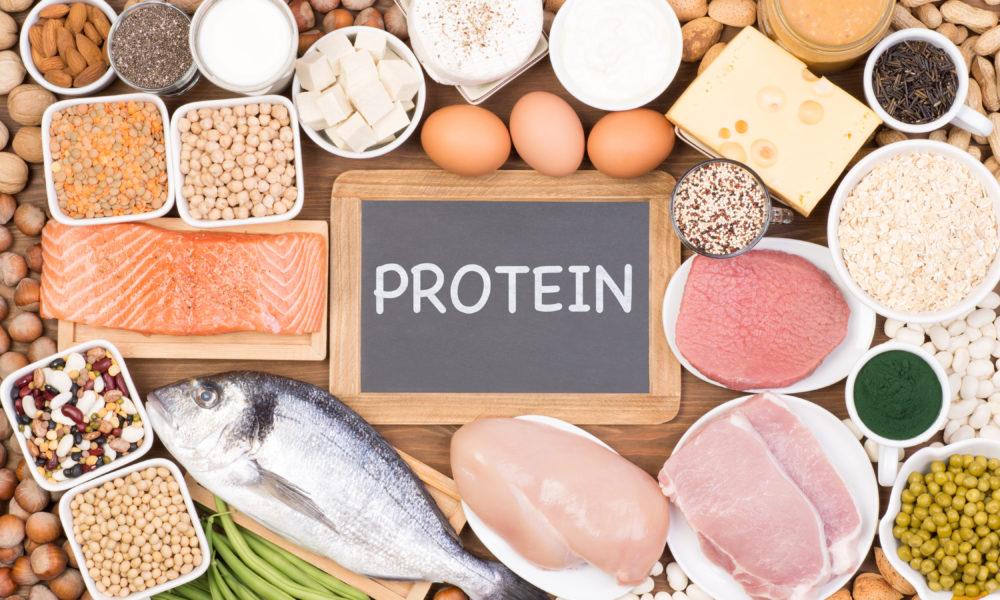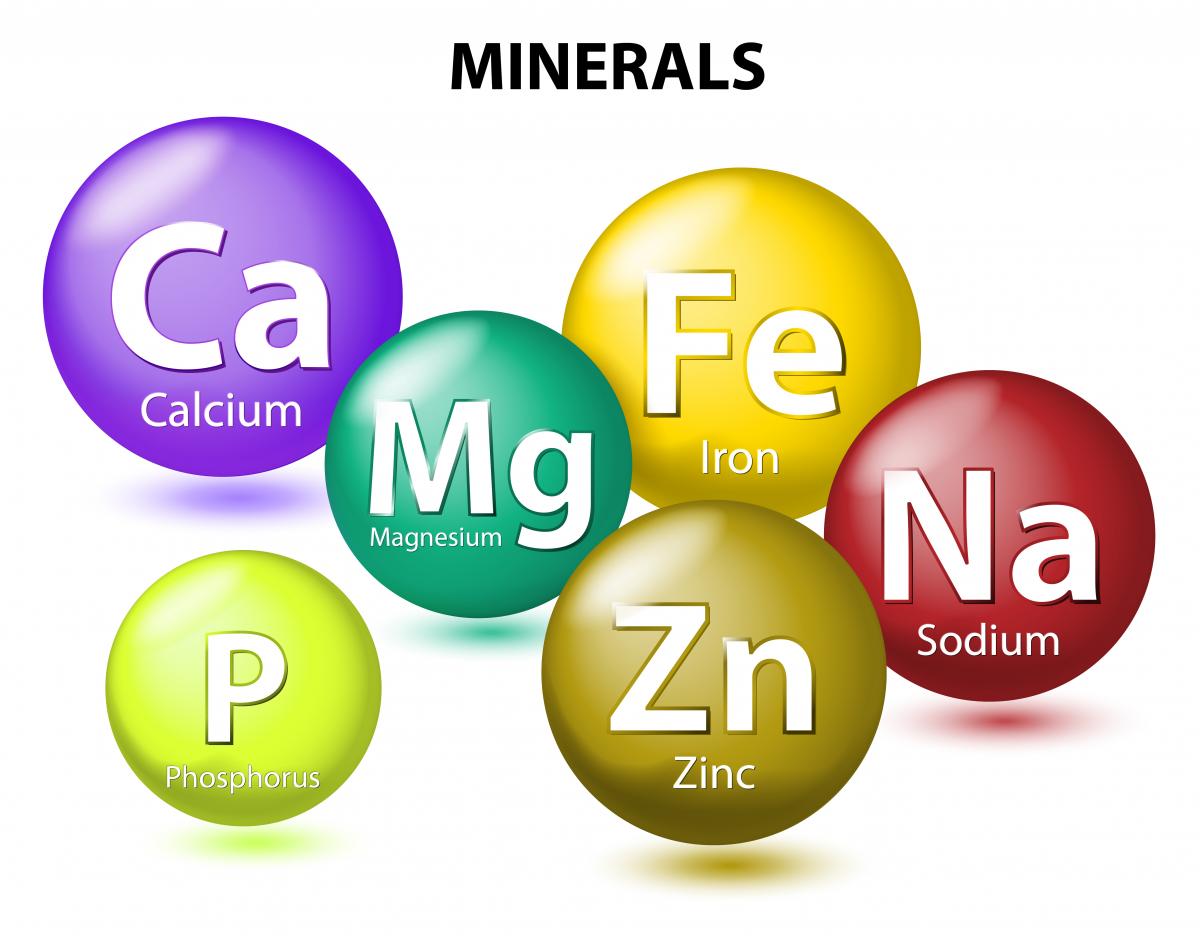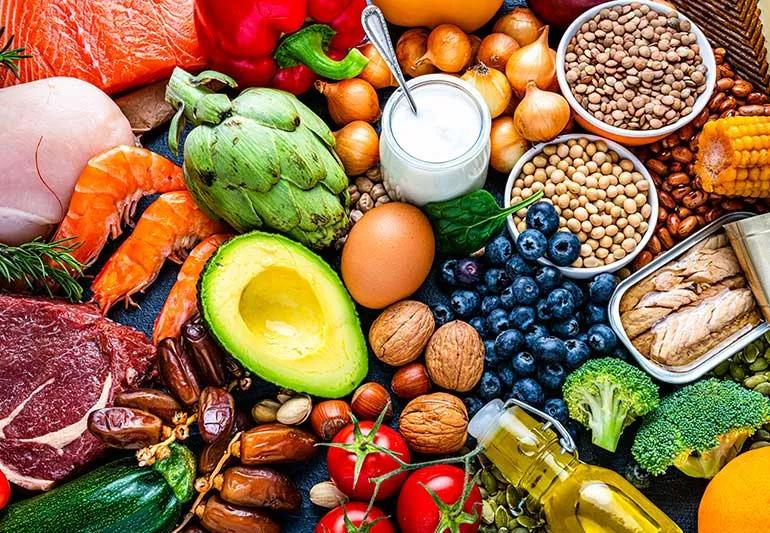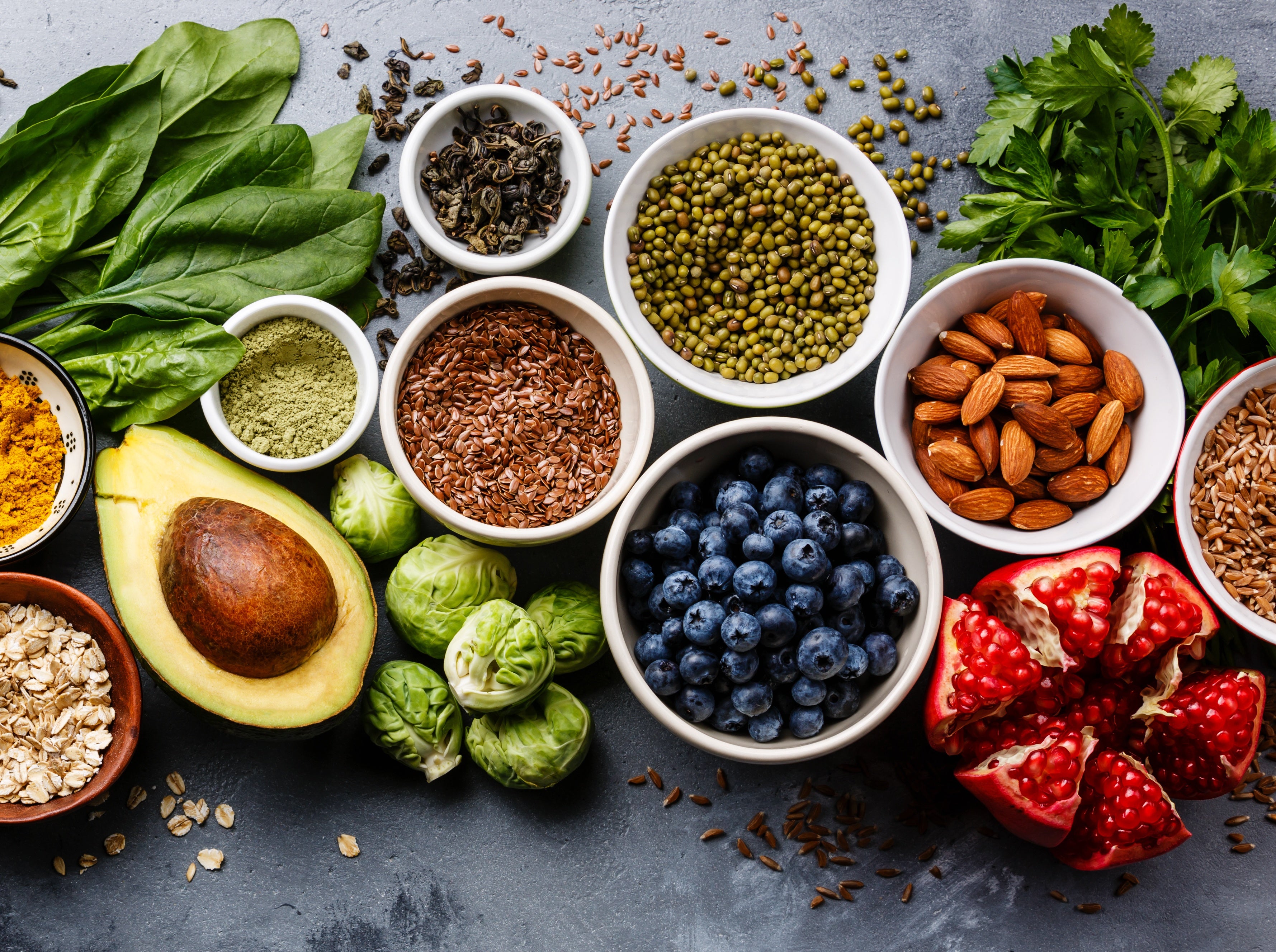Millets are a group of small-seeded grains that are packed with nutrients and offer several health benefits. For individuals with kidney disease, choosing the right type of millet can be crucial for managing their condition and maintaining overall well-being.
This blog post will delve into the world of millets and explore which ones are particularly beneficial for kidney patients. We will also discuss the nutritional value of millets, their role in managing kidney disease, and how to incorporate them into your diet.
Nutritional Value of Millets

Millets are a rich source of essential nutrients, including:
-
Fiber: Millets are high in fiber, which helps regulate blood sugar levels, promotes digestive health, and can help lower cholesterol levels.
:max_bytes(150000):strip_icc()/FiberFoods-97e39f125cf14445a4ebf86d8132e70c.jpg)
-
Protein: Millets are a good source of plant-based protein, which is essential for building and repairing tissues.

-
Minerals: Millets are rich in minerals such as magnesium, potassium, and phosphorus, which are important for maintaining electrolyte balance and bone health.

-
Vitamins: Millets contain various vitamins, including B vitamins, vitamin E, and vitamin K.

-
Antioxidants: Millets are a good source of antioxidants, which help protect the body from damage caused by free radicals.

Role of Millets in Managing Kidney Disease
For individuals with kidney disease, millets offer several benefits:
-
Low in Potassium: Some millets, such as foxtail millet and little millet, are naturally low in potassium, which is important for kidney patients who need to restrict their potassium intake.
-
Low in Phosphorus: Millets are also relatively low in phosphorus, another mineral that needs to be monitored in kidney disease.
-
High in Fiber: The high fiber content in millets can help manage blood sugar levels, which is important for individuals with diabetes, a common complication of kidney disease.
-
Good Source of Protein: Millets provide a good source of plant-based protein, which is essential for maintaining muscle mass and overall health in individuals with kidney disease.
Best Millets for Kidney Patients
While all millets offer health benefits, some are particularly suitable for kidney patients due to their low potassium and phosphorus content. These include:
-
Foxtail Millet: This millet is naturally low in both potassium and phosphorus, making it an excellent choice for individuals with kidney disease.
-
Little Millet: Similar to foxtail millet, little millet is also low in potassium and phosphorus and can be safely consumed by kidney patients.
-
Kodo Millet: Kodo millet is another low-potassium and low-phosphorus option for individuals with kidney disease.
-
Proso Millet: Proso millet is slightly higher in potassium than the other options mentioned above, but it is still a good choice for kidney patients who can tolerate a moderate amount of potassium.
How to Incorporate Millets into Your Diet
Millets are incredibly versatile grains that can be incorporated into your diet in various ways. Here are some ideas:
- Use them as a substitute for rice or other grains in dishes like pilaf, risotto, and stir-fries.
- Add them to soups and stews for extra texture and flavor.
- Make porridge or breakfast cereal with millets.
- Use them in baking bread, muffins, and pancakes.
- Sprinkle them on salads or yogurt for added crunch.
Conclusion
Millets are a nutritious and versatile group of grains that offer several benefits for individuals with kidney disease. By choosing low-potassium and low-phosphorus varieties like foxtail millet, little millet, and kodo millet, kidney patients can enjoy the health benefits of these grains while managing their condition effectively.
It is important to note that this information should not be considered a substitute for professional medical advice. Always consult with your doctor or a registered dietitian to determine the best dietary approach for your individual needs and kondisi.



